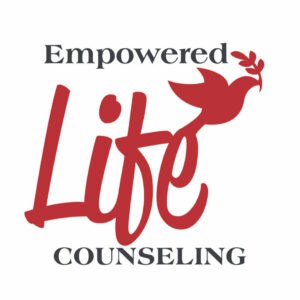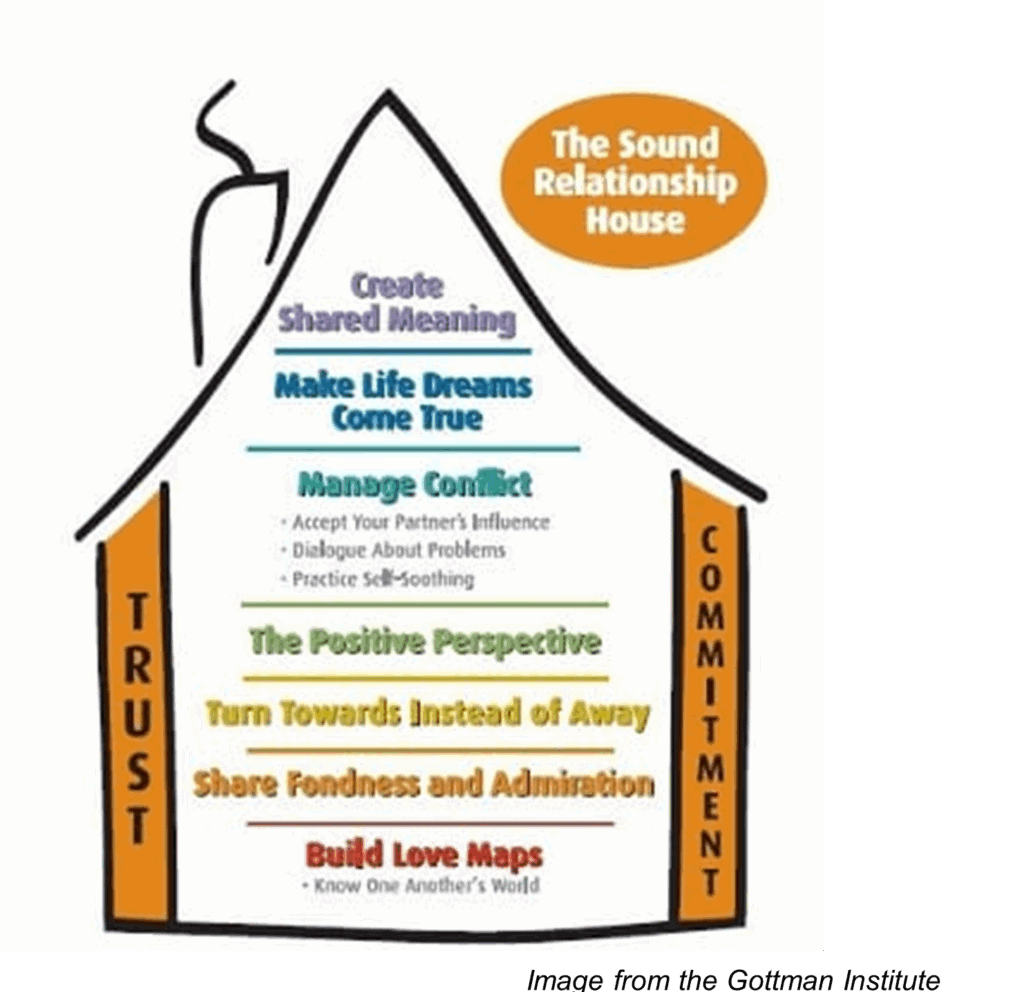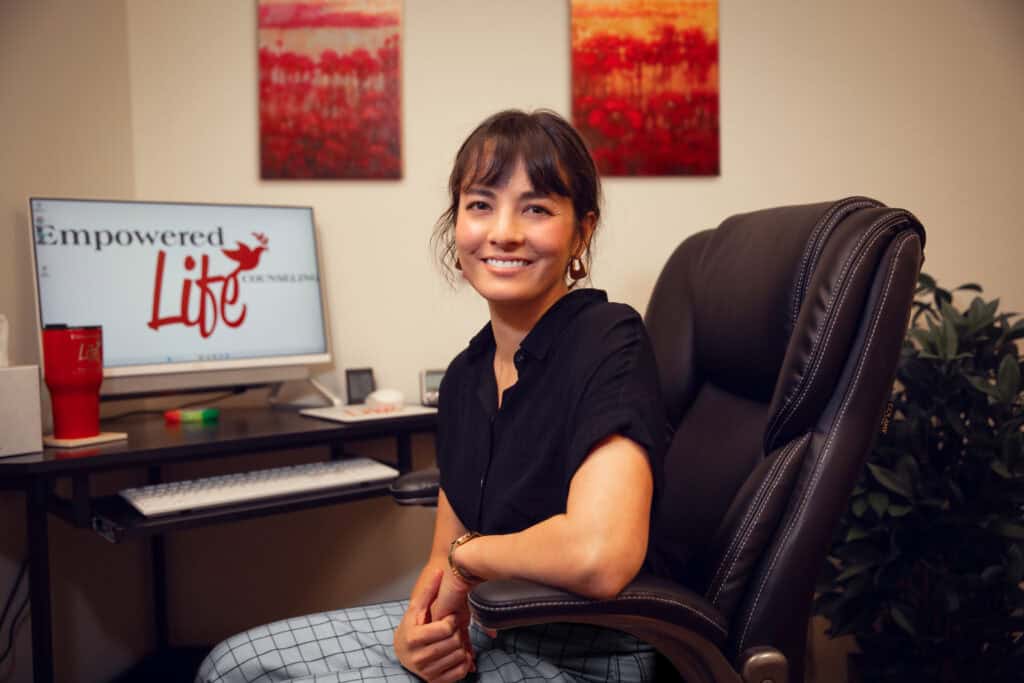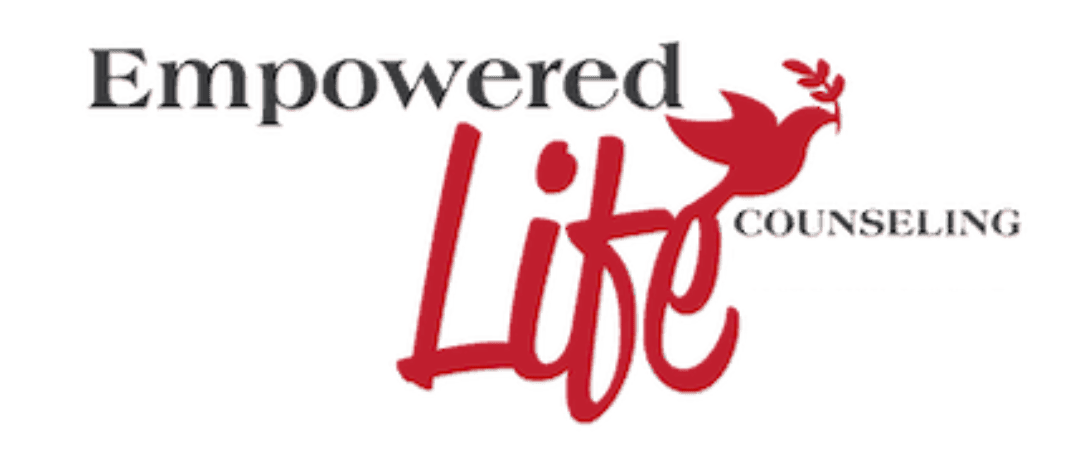24 Jul Cultivating Connection in Your Marriage (Or Any Relationship) With 3 Easy Steps

Cultivating Connection in Your Marriage (Or Any Relationship) With 3 Easy Steps Using the Gottman Method
by Kelly Kennedy, LPC Candidate
We are in the thick of summer, and for many, that means more time spent with family and loved ones. Whether you’re spending hours in the car on a road trip, spending a few weeks with your in-laws, or facing less structured days with kids out of school, one common thread remains: You are spending more time with your family. With this increased togetherness, there is often more conflict. Or perhaps those difficult, even painful patterns of relating become more exaggerated. What can you do to improve these relationships without reading all of those self-help books on your bedside table?
Drs. John and Julie Gottman, clinicians, researchers, and authors of numerous books on marriage, offer some helpful tips primarily aimed at married couples—still, the content translates well to any relationship. Here I will review a few principles, based on the concept of the Sound Relationship House (introduced by Dr. Gottman in his book, The Seven Principles for Making Marriage Work).

Here, I will go over the first three “floors” of the Sound Relationship House and give practical tips for cultivating each:
1. Building Love Maps
2. Sharing Fondness and Admiration
3. Turning Towards Instead of Away
BUILDING LOVE MAPS
Gottman describes a love map as the space in your brain that is specifically designated for your partner’s world. What is your partner’s basic philosophy on life? What are they most stressed about these days? What music are they enjoying now? The ability to know these answers lies in your curiosity toward your partner and the effort you are willing to put forth in knowing them. It’s so simple, but often taken for granted, especially when you feel you “know” your partner just because you’ve been living in the same house with them for 20 years. But if these maps are not regularly updated (kind of like Google Maps), you’ll have old info. There will still be a Blockbuster where Lifetime Fitness now resides. And without the foundation of knowing each other as you are right now, the rest of the house is quite shaky.

Practical Tip for Cultivation: Download the Gottman Card Deck app (it’s free!) and use the Love Map deck the next time you’re in the car or sitting on the couch with your partner. It’s full of great, open-ended questions to help you each know each other’s worlds more accurately.

Not only is it important to know your partner, but to genuinely delight in them and express that through…
SHARING FONDNESS AND ADMIRATION

Couples naturally feel fondness and admiration toward their partner when they believe the other is worthy of honor and respect. It’s a simple act to like your partner genuinely and then tell them about it, but it’s one that’s often taken for granted in many relationships. When fondness and admiration plummet, the marriage wades into some murky waters, perhaps the most detrimental being feeling contempt toward one another(a quality the Gottmans found is a high predictor of divorce).
However, these positive feelings can be revived and nurtured by the simple (but intentional) habit of noticing things about your partner that you appreciate and expressing that to them with gratitude. To some, this might feel forced, or like they are engaging in some “toxic positivity” to try and put a good spin on an ailing relationship. On the contrary, the Gottmans say that this practice helps people to see their partner more realistically. Unhappy couples tend to have a selective vision; the flaws in their partner are greatly magnified. Consider that the way you are used to viewing your partner may not be the objective truth, and be curious about the goodness you may be missing.
Practical Tip for Cultivation: Like a metal detector, scan for qualities in your partner that you admire and tell them about it:
- “I love how you responded to our son earlier today. I was getting frustrated with him, but you were so patient, and I think he needed that.”
- “You have a way of making people laugh when we’re in a big group. I like that about you.”
- “Thank you for putting the laundry away!”
- “You work so hard for our family. Thank you for doing that.”
TURN TOWARD INSTEAD OF AWAY



In their observation of married couples, the Gottmans noticed that couples made bids for the other’s attention, humor, affection, or support multiple times a day. Often, these bids were subtle, like the passing comment, “Huh, it looks like the bamboo is coming back in that corner of the yard.” Other times, the bids were obvious: “It looks like my mom is going to have to move into a nursing home. I’m not sure how to navigate this. I need your help.” No matter the gravity of the bid, happy couples tend to respond to them more regularly with attunement and compassion. The Gottmans identified two things that make turning toward a bid difficult:
1. When the bid is wrapped in anger or criticism, “You came home later than you said you would again. How can I trust you?!” as opposed to, “I thought you were going to be home at 8 pm. Can you let me know when you’re running behind?” Naturally, one might respond to the criticism with defensiveness (turning away, instead of towards).
2. Distraction: This one speaks for itself. When you’re scrolling on your phone, you miss a lot of relational subtlety in the room.
Practical Tip for Cultivation: The next time you’re with your partner, put your phone on Do Not Disturb and start to notice their bids for your attention, affection, humor, or support. Respond to them verbally or physically (even a knowing nod, hug, or squeeze of the shoulder communicates volumes). When you notice their criticism or anger, try to discern the underlying bid and respond to that instead of their harshness.

If you’ve read this and these things just seem way too hard, or even unimaginable in your relationship, don’t lose hope. Sometimes, we simply lack the skills or practice. Other times, past hurts in a relationship still feel so intense that our protectors are up, limiting our access to genuine caring and curiosity toward our partner. In either case, therapy can help you and your partner identify issues in your relationship and work towards repair and flourishing.
This Summer, slow yourself down, build some new habits, and experience deeper enjoyment in your relationships. And help is here if you need it.

Kelly Kennedy, LPC Candidate
Kelly is a Licensed Professional Counselor Candidate, supervised by Alisa Johnson, LPC-S, with a Master of Arts in Counseling from Reformed Theological Seminary. She works with adults navigating anxiety, depression, grief, life transitions, or feeling stuck in persistent thought patterns and behaviors.
Drawing from the Internal Family Systems (IFS) therapy model, Kelly helps clients relate to themselves with greater curiosity and compassion—empowering them to shift from reactive habits to intentional, healing choices. Her seminary training offers a unique lens for integrating psychological and theological insight. For clients who desire it, she finds deep joy in exploring emotional and spiritual growth through the lens of Christian faith.
Kelly also supports couples in all stages of relationship—whether preparing for marriage, adjusting to life changes, or working through areas of disconnection. Her training in the Gottman Method (Level 1 completed, Level 2 in progress) equips her to guide couples through evidence-based practices that strengthen friendship, deepen intimacy, and foster shared meaning.



Sorry, the comment form is closed at this time.